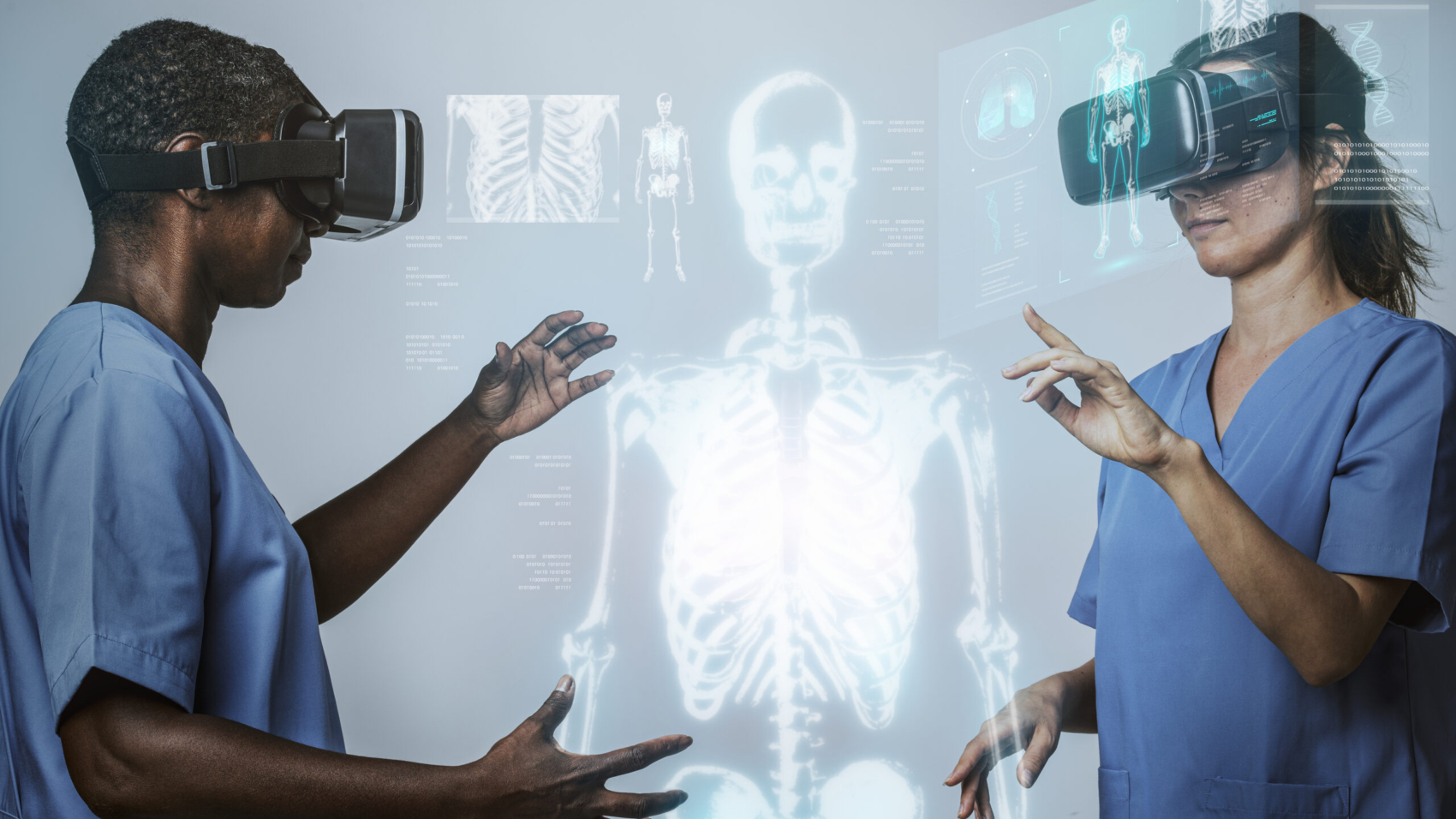Artificial Intelligence (AI) has emerged as a groundbreaking technology with the potential to revolutionize various industries, and healthcare is no exception. In recent years, AI has made significant strides in improving the way healthcare professionals diagnose and treat patients, offering new opportunities for more accurate, efficient, and personalized care. In this blog, we will explore the exciting developments in AI’s role in healthcare and how it is reshaping the landscape of medical practice.
The Power of AI in Healthcare
1. Early Disease Detection
AI-driven algorithms are capable of analyzing vast amounts of medical data, including patient records, lab results, and imaging scans, to identify subtle patterns and deviations. This enables early detection of diseases such as cancer, diabetes, and cardiovascular conditions, increasing the chances of successful treatment and reducing mortality rates.
2. Personalized Treatment Plans
One-size-fits-all treatment approaches are giving way to personalized medicine, thanks to AI. Machine learning algorithms can analyze a patient’s genetic makeup, medical history, and real-time health data to create tailored treatment plans that are more effective and have fewer side effects.
3. Medical Imaging Advancements
AI is transforming medical imaging by enhancing the accuracy of diagnoses and reducing the time needed for analysis. Radiologists can now rely on AI-powered tools to assist in interpreting X-rays, MRIs, and CT scans, resulting in faster and more precise diagnoses.
4. Drug Discovery
The process of drug discovery, which traditionally takes years and billions of dollars, is being expedited by AI. Machine learning models can analyze molecular structures, predict drug interactions, and identify potential candidates for clinical trials, significantly accelerating the development of new treatments.
5. Remote Monitoring and Telemedicine
AI-powered wearable devices and remote monitoring tools allow healthcare providers to keep tabs on patients’ vital signs and health status from a distance. This technology is especially valuable for managing chronic conditions and ensuring timely interventions when necessary.
Challenges and Ethical Considerations
While AI holds immense promise in healthcare, it also raises important challenges and ethical concerns. These include issues related to data privacy, algorithm bias, and the potential for job displacement among healthcare professionals. Striking a balance between harnessing the benefits of AI and addressing these challenges is crucial for the responsible integration of AI in healthcare.
The Future of AI in Healthcare
As AI continues to evolve, its role in healthcare will only expand. We can expect to see AI-driven chatbots for patient interactions, predictive analytics to manage hospital resources more efficiently, and even AI-assisted surgeries. The future of healthcare is being shaped by AI, and its potential to improve patient outcomes and reduce healthcare costs is incredibly promising.
Conclusion
AI is transforming healthcare by enabling early disease detection, personalizing treatment plans, enhancing medical imaging, expediting drug discovery, and facilitating remote monitoring. However, it also brings forth ethical considerations that must be addressed. The future of healthcare lies at the intersection of human expertise and artificial intelligence, and together, they hold the promise of delivering better, more accessible, and more personalized care to patients worldwide. As we continue to harness the potential of AI in healthcare, it is essential to do so responsibly and ethically to ensure the well-being of patients and the advancement of medicine as a whole.

